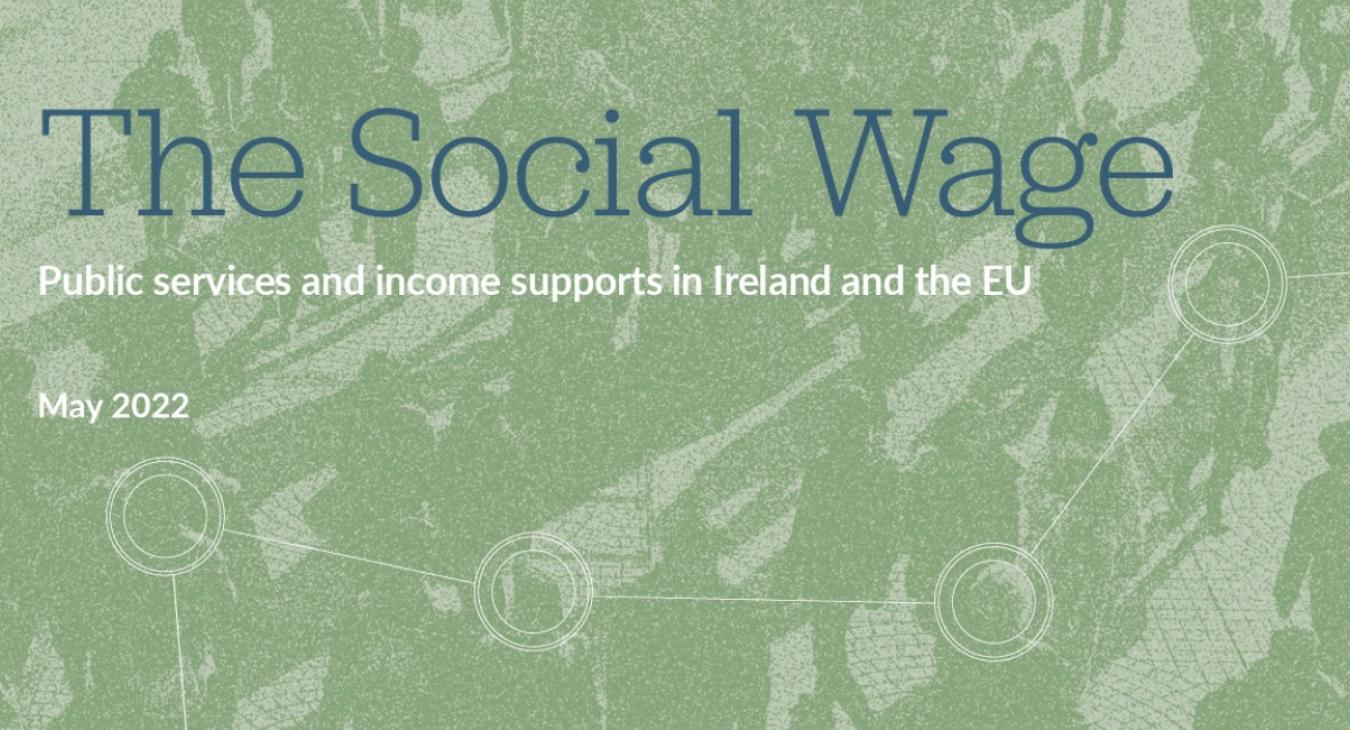Government must do more to stop the squeeze on workers’ wages
To mark May Day, an important day in the trade union calendar, the Irish Congress of Trade Unions has published a new report comparing the value of the Social Wage for workers in Ireland and the EU.
The Social Wage is a measure of how much better off individuals are from social spending by government on supports and services.
Social policy officer, Dr Laura Bambrick said: “Free or low-cost public services reduce people’s out-of-pocket expenses and bring down their cost of living. They act as a virtual income top-up to people’s cash income from work or welfare.
“Because we are unusual among EU member states in means testing access to publicly funded supports and services, the Social Wage for full-time workers in Ireland is extremely low by EU standards.
“A worker in Ireland earning a very modest wage must pay market prices out of their disposable income for essentials services that all workers across the EU can freely access on the basis of need, irrespective of the size of their pay packet.
“For example, a full-time worker in rural Ireland earning not much more than minimum wage is ineligible for social housing. While only 1 in 7 people in employment aged 18-64 hold a Medical Card and a mere 1 in 28 hold a GP Visiting Card, because the maximum earnings threshold to qualify for public-funded primary healthcare is so low.
“The Covid-19 pandemic and return of 1970s-style inflation has sparked wide public demand for a bigger role for government protecting people’s living standards against common risks.
“Ireland is a low-tax economy and there is significant space to raise the revenue to pay for additional social spending without putting tax rates above the EU average and eroding national competitiveness.
“The Irish Congress of Trade Unions and our affiliated unions have published this report as a platform for change and to call for a more generous Social Wage for working people.”

